Cancer services have been profoundly affected by the emergence of Covid-19. Paul Mulholland charts the response of services to the pandemic and examines how longstanding issues around staffing and drug reimbursement have complicated the picture
Early in the Covid-19 pandemic, the National Cancer Control Programme (NCCP) led a coordinated response on behalf of the cancer services. There was close engagement between clinicians from key disciplines to answer the clinical questions that the pandemic had posed and facilitate the urgent need for the development of national guidelines.
In March 2020 hospital oncology services began looking at ways to reduce exposure of their patients undergoing systemic anti-cancer therapy (SACT) to the novel coronavirus. A document ‘NCCP Advice for Medical Professionals on the management of patients undergoing SACT in response to Covid-19’ was drawn up by the NCCP SACT advisory group, which included guidance on the layout of oncology day wards.
Hospitals adapted to the provision of SACT and oncology wards were reconfigured or moved to a different location on the hospital campus. For the hospitals who could not facilitate this, services were moved to either private hospitals, or in the case of Mercy University Hospital, Cork, relocated to Brookfield, University College Cork.
National clinical guidance on surgical prioritisation was also developed by the RCSI. As the pandemic has progressed, these and other guidance documents have required constant updating.
The impact of these protocols has reduced capacity. However, cancer services adopted measures to optimise triage; pre-screen patients; utilise
telemedicine; make local infrastructural changes; alter locations of diagnosis or treatment; and increase capacity using extended days and additional weekend clinics.
Despite these efforts, during the initial pandemic wave (March and April 2020), there was a reduction in cancer presentations and referrals. Attendances at rapid access clinics for breast, lung and prostate cancers and in number of patients undergoing treatment also fell. A recent report showed that in April 2020, day attendance for chemotherapy reached its lowest point, dropping by 32 per cent on previous years.
In the short-term, the HSE and NCCP now need to facilitate access to private hospitals where it is needed
The report, Deploying data-driven intelligence to measure the impact of Covid-19 on cancer care and cancer patients, was published at the end of last year, and was the result of a collaboration of key stakeholders, such as the RCPI and NCCP. This report also stated in the March to June 2020 period, there were 668 fewer cancer resections performed compared to 2019 figures.
There was also a significant decrease in the number of cancers diagnosed at the clinics during the first wave. From March to June 2020, a total of 419 (23 per cent) fewer cancers were detected through the NCCP rapid access clinics, compared with the same period in the previous year (2019 – 1,796; 2020 – 1,377).
“This figure is an underestimate of overall impact, given that the available NCCP data relate only to three tumour types diagnosed through rapid access clinics, thus representing circa 21 per cent of all invasive cancers,” according to the report.
Prostate cancer has been the most impacted, followed by breast and lung cancer. At the time of the report’s publication, the number of cancers detected through these clinics was at 89 per cent of the 2019 level (98 per cent for breast; 95 per cent for lung; prostate 67 per cent).
The report, which was published before the third Covid-19 wave, said the number of cases diagnosed had “recovered considerably”, but cases had not matched 2019 figures. By the end of the year, the provisional figure for the number of people diagnosed with primary cancers via these routes was at 94 per cent of that diagnosed in 2019.
“In the current environment, we are concerned that waiting times for cancer services could grow in some hospitals, causing distress to patients waiting on treatment,” Ms Rachel Morrogh, Director of Advocacy and External Affairs at the Irish Cancer Society (ICS), told the Medical Independent (MI).
“In the short-term, the HSE and NCCP now need to facilitate access to private hospitals where it is needed. However, this is not a long-term solution and the challenges that faced hospitals before Covid, such as a lack of capacity, lack of space and the failure to recruit and retain a full cancer workforce, have been fully exposed by the pandemic.”
A HSE spokesperson admitted the availability of specialist staff has been an issue, “most regrettably when unwell due to Covid-19 themselves, but more commonly when excluded from the workplace as close contacts.” (see panel below on staffing concerns in paediatric cancer care)
When asked about the impact of Covid-19 on its cancer service, a spokesperson for St James’s Hospital, Dublin, said the main challenges are capacity and infrastructural deficits to meet recommended infection prevention and control precautions.
A spokesperson for the South/South West Hospital Group (SSWHG) told this newspaper that the Covid-19 pandemic has “profoundly” affected its cancer services.
“The Group has undertaken substantial work to manage the effect of Covid-19 on cancer services and overall activity and additional capacity has been generated through a variety of means, such as insourcing (out-of-hours capacity), use of the private hospital arrangement and National Treatment Purchase Fund (NTPF) funding,” according to the spokesperson.
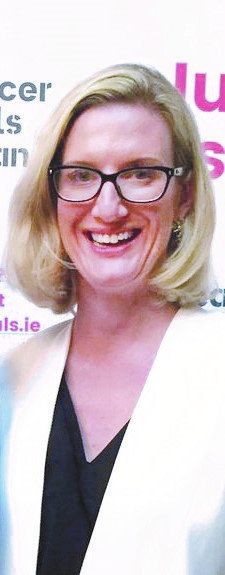
“A dedicated team supported by the Group and the National Clinical Programme for Surgery have commenced work at exploring further ways to expand theatre resources and ensure timely access to surgery for patients over the forthcoming weeks and months. The full resumption and development of theatre activity and cancer services is a priority for SSWHG; however, this will be dependent on the transmission rates of Covid-19 in the community and the resulting pressures on acute services.”
Views from the frontline
Prof Linda Coate, Consultant Medical Oncologist, University Hospital Limerick (UHL), praised the response of staff to the crisis.
“There have been some extraordinary innovations; I hope we can persist with that,” Prof Coate told MI.
“People were very creative – thinking around existing meagre resources – faced with a new problem. Buildings were repurposed, people were redeployed. A lot of people had to get very creative with rosters. I think digital health will very much be shaped by this experience.”
However, she added that cancer services were already stretched before the pandemic, citing deficits in physical infrastructure and staffing as major issues. Prof Coate pointed out that the treatment area for cancer patients in UHL is “only about a fifth the size it should be”. Covid-19, with the necessary requirements for physical distancing and ward reconfiguration, has compounded the problem.
In terms of staffing, Prof Coate said burnout had already been common in the oncological community due to a lack of resources and investment, and this is likely to be made worse due to the pandemic. She said she was particularly concerned about the impact of the current crisis on trainees.
“Ultimately, it was a whole system that was under-resourced in terms of money, in terms of space, in terms of manpower, with very nebulous future planning and future-proofing,” Prof Coate said.
She also cited the failure of the HSE to reimburse many innovative therapies as a key issue, which has held Irish cancer services back over the past number of years (see panels, p5 and p6).
The impact of the pandemic on patient outcomes will take time to be ascertained, she added. In addition to delays in patient presentation due to fear over contracting the virus, there are also impacts on services themselves.
“It is taking a longer time to get through diagnostic work-up. Then, say, if they are a patient requiring surgery, their operation may be cancelled because Covid-19 cases are going up. Therefore, there is the potential patients will be entering the system with a later stage of disease, which then means they are going to require more intensive clinical support over the next number of years.”
Registrar in Medical Oncology, Mater Misericordiae University Hospital, Dublin, Dr Michael Conroy, also spoke about the delays in care provision.
“Like in many specialties, our care is now slower than before – all patients require Covid screening questionnaires before everyday ward visit, staff devote a lot of time to hygiene and PPE [personal protective equipment] in some cases, and patients with suspicious symptoms cannot attend the day ward until infection is ruled out,” Dr Conroy told MI.
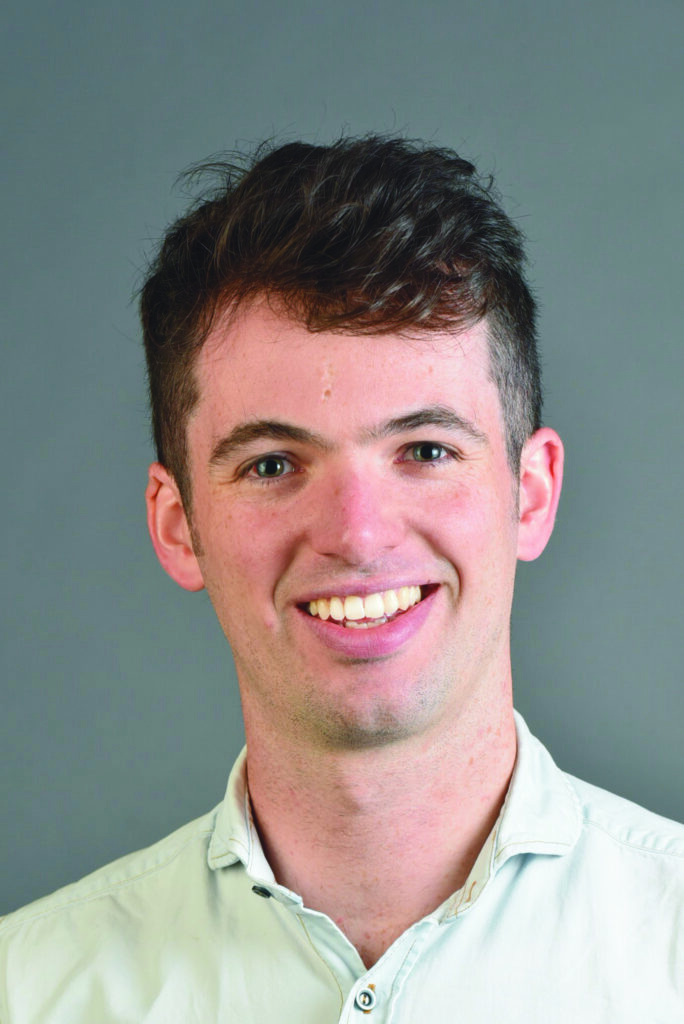
“On the brighter side, our ability to deliver curative chemotherapy has been largely unaffected – this was an area that worried us a lot at the start of the pandemic. Palliative chemotherapy has mostly proceeded as before too, although we take more time to look at the benefits and risks in each case.”
Aside from the “tragic losses of life”, one of the worst harms that has arisen as a result of Covid-19 is in the area of patient communication, according to Dr Conroy.
“There has been a drastic shift in much of our patient contact from personal encounters to telephone calls,” he said.
“The telephone is functional for exchanging facts, but strips our words of the nuance and body language that we rely so heavily on as doctors and which our patients rely on to express themselves. For almost 12 months now, our patients have experienced most hospital admissions without their families by their sides.
“Despite our best efforts with regular phone calls to update families, they have consistently told me they feel helpless, out of the loop, and frustrated. When there is bad news to deliver, we have tried to do it in person, but this hasn’t always been possible. Learning about a serious diagnosis or disease progression is always difficult, but when it happens over the phone it is tougher again.”
Learning about a serious diagnosis or disease progression is always difficult, but when it happens over the phone it is tougher again
However, like Dr Coate, Dr Conroy said the greatest positive he has seen over the past year is the “ingenuity and creativity” in dealing with the challenges of the pandemic.
“Given the vulnerability of our patients, I know of at least two hospitals that shifted the oncology day ward off-site to minimise any exposures our patients had to infection. New protocols and strategies have emerged almost every week that aim to strike the balance between infection control and giving our patients the care they deserve,” he said.
“These rapid pivots and commonsense solutions give lie to the belief that the Irish health service cannot act quickly, decisively and practically when it needs to.”
Funding
A total of €34.35 million was made available to NCCP in the HSE Winter Plan 2020/2021 and in the National Service Plan 2021. This is an increase in funding compared to recent years. Speaking before the joint Oireachtas health committee at the end of last year, National Director of the NCCP Prof Risteárd Ó’Laoide said the funding will be used in two key areas: Increasing resilience in the current cancer services and progressing the National Cancer Strategy 2017-2026.
In terms of resilience, he spoke about how the Covid-19 pandemic has accelerated the development of “welcome new initiatives in the cancer services, which will require further consolidation”. These include the increasing use of ICT in the delivery of care and the optimisation of diagnostic and treatment pathways to reduce footfall in the acute hospital setting.
In the cancer strategy, he said areas that require priority include: Improved diagnostics; addressing radiation oncology capacity; furthering the centralisation of cancer surgery, which the pandemic has delayed; and enhancing medical oncology services.
The ICS’s Ms Morrogh said the funding made available to cancer services in Budget 2021 needs to be invested in sustainable solutions so that “existing and future patient demand can be met in a timely, consistent and predictable way”.
Pandemic has revealed ‘vulnerability’ of paediatric cancer services — Prof Smith
On World Cancer Day (4 February), the IHCA issued a press release highlighting how the Irish health system lacks hundreds of pathology consultants needed to provide the vital link between cancer diagnosis and treatment.
The Association also pointed out that the number of consultant haematologists in Ireland is 18 per cent below the EU average. In addition to the 7,411 adults on an outpatient hospital waiting list to see a consultant haematologist at the end of December 2020, there were 257 children.
Prof Owen Smith, Professor of Paediatric and Adolescent Medicine, University College Dublin, and Consultant Paediatric Haematologist, Children’s Health Ireland (CHI), Crumlin, said the lack of consultant numbers in paediatric oncology and haematology is particularly concerning in the context of Covid-19.
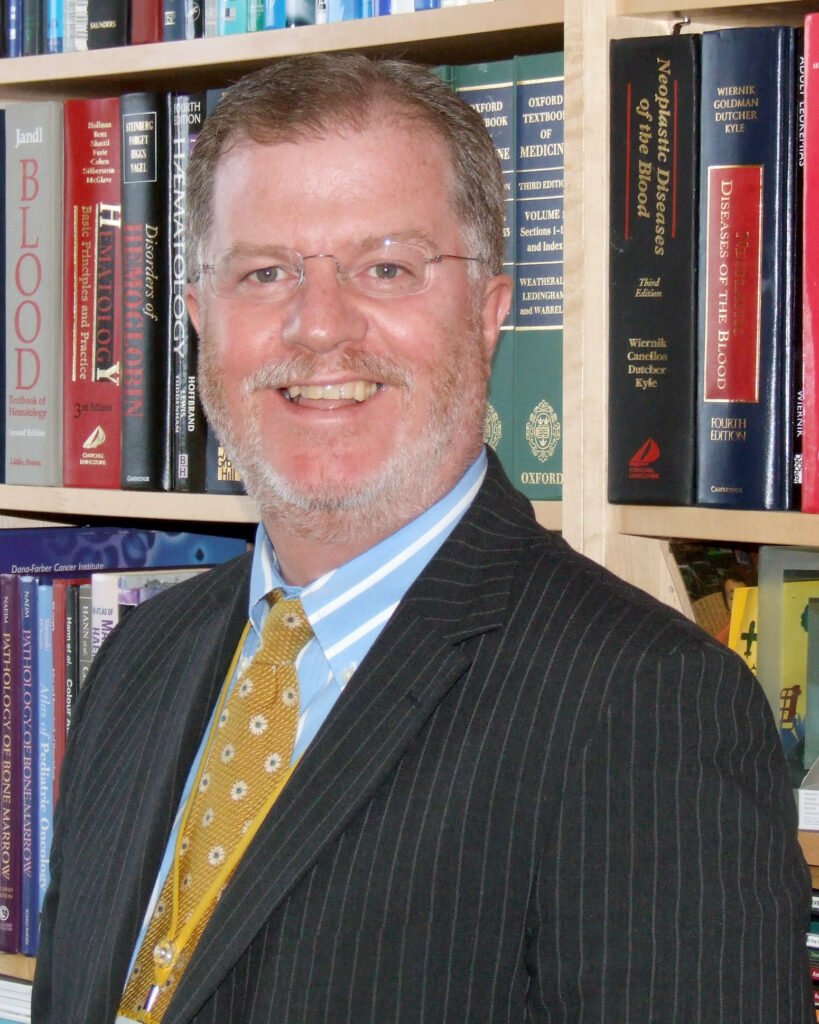
According to Prof Smith, there is often a single consultant in charge of supervising a particular field. Therefore, if anything happens to that consultant, or if they are on sick leave, there is little back-up. The problem extends to CHI Crumlin, which is the national specialist centre for paediatric and adolescent cancer.
“It’s different for us than haematology in adult world,” Prof Smith told the Medical Independent.
“Let’s say St Vincent’s [Hospital] goes down. They can transfer their haematology patients across to the Mater [Hospital]. If Crumlin goes down, there is no plan B. There is no other hospital we can send those patients to. We are the only show in town. And that needs to be protected with adequate numbers of consultant haematologists.
There are only three people in Crumlin looking after a national programme for leukemia, lymphoma, bone marrow failure, and bone marrow transplantation. We should have at least double or treble the numbers than we have at the moment.”
Covid-19 has highlighted the “vulnerability” of paediatric oncology and haematology from a staffing perspective, according to Prof Smith.
He admitted there have been delays in provision of single-day chemotherapy infusion to children as a result of nursing staff contracting Covid-19, or being a close contact. However, he stressed these delays were not significant.
The service has applied for four paediatric oncology/haematology consultants to be appointed this year. Aside from the short delays with single-day chemotherapy infusion, Prof Smith said Covid-19 has not has a major impact on treatment.
“In terms of patients coming in for scheduled infusions of poly-chemotherapy or multiple drugs, where they are admitted for two or maybe six/seven days, that didn’t really have any impact on the delivery of a comprehensive care programme for us,” he said.
“That was really good news.”
While the nature of chemotherapy delivery means that great care is usually taken regarding infection risk, more stringent measures were put in place because of Covid-19.
“If a child came in with a fever, we treated those patients as if they had Covid,” Prof Smith said.
“They were swabbed, and then they went into isolation for 12 to 24 hours, until we got the swab result back, and then we would treat. We found that we got very few positive swabs back in the initial stages.
“The parents also went into isolation with the child and there was no peer-peer contact. As opposed to cancer medicine in adults, peer-peer contact is very important from a psychosocial point of view about healing as well in children. That was a bit of a setback.”
There was also an impact on psychosocial multidisciplinary team meetings, which examine the totality of care a patient is receiving.
“Those meetings suffered greatly because you cannot have that discussion over Zoom or another platform,” according to Prof Smith. However, he said virtual clinics for follow-up care for patients (particularly those living outside of Dublin) worked well and were something he would like to see continue in the future.
Also, Prof Smith said the numbers of patients seen by the national service was in line with other years.
“We have seen the same basic number of children throughout the Covid period, and we don’t believe there is a smouldering backlog of children to come in later on.”
Prof Smith added that the pandemic has highlighted the importance of ensuring Ireland has a “self-sufficient” cancer service for children. He explained while the service has 95 per cent of the treatments provided by other comprehensive cancer centres, patients requiring certain therapies, such as CAR T-cell therapy or proton therapy, currently need to be sent abroad. However, the mutations of SARS-CoV-2, and their potential to disrupt international links between different health services, emphasise the value of self-sufficiency.
“Within comprehensive paediatric cancer care, we need to be self-sufficient,” Prof Smith said.
‘NCCP does not have the necessary power to fulfill its mission’
In our 2 July 2020 issue, the Medical Independent (MI) reported that a meeting of the National Cancer Control Programme (NCCP) executive management team heard that the available treatment options for cancer patients in Ireland were “falling well behind the international standard of care”.
The meeting, which took place on 11 May, was told a briefing note was presented to the HSE Chief Clinical Officer Dr Colm Henry on additional treatment options that would support the ongoing care of cancer patients.
“The response indicates that it is unlikely that there will be any treatment options agreed outside of the HSE reimbursement process,” according to the minutes.
As revealed by MI in another front page exclusive on 16 November 2020, tensions had surfaced between ISMO and the NCCP on the subject of reimbursement for new cancer drugs.
Further information obtained by this newspaper through Freedom of Information law details the nature of this tension. In a letter to the new National Director of the NCCP, Prof Risteárd Ó Laoide, ISMO President Dr Deirdre O’Mahony wrote that ISMO had become increasingly concerned about the lack of funding provided for new cancer medications.
At the beginning of the letter, Dr O’Mahony congratulated Prof Ó Laoide on his appointment and wrote about the important contribution medical oncologists have made to many NCCP projects, usually on a pro bono basis.
“However, it is increasingly obvious the NCCP does not have the necessary power to fulfill its mission,” according to Dr O’Mahony.
“The failure to provide appropriate resources for new drugs, facilities, and staffing in a timely manner mean that Irish cancer survival figures will inevitably deteriorate compared to standard international benchmarks. What ISMO members want for their patients is ‘standard of care’ in the UK and in most comparable EU countries.”
Dr O’Mahony added that from 30 September 2020, in the absence of any concrete progress on these issues, ISMO members “will be unable to continue to collaborate with the NCCP in the current format”.
An urgent meeting had been requested between ISMO and the Minister for Health to discuss these issues. A meeting then took place between ISMO and Prof Ó Laoide on the matter.
On 9 October, in a letter to the NCCP National Director after the meeting, Dr O’Mahony stated: “We were relieved to hear that your evaluation of the NCCP placement at the decision-making table was similar to our own.”
“We all appreciated that NCCP has made strides in many aspects of cancer care, but medical oncology remains an under-resourced component.”
Dr O’Mahony wrote that without timely approval of appropriate medications, “we are incapacitated and fall short of delivering standard of care therapies.”
“We understand that you have taken on this role at a very challenging time, but challenges will always exist.”
She stated that following a consultation with its members, ISMO will continue to engage with and support the NCCP for a predefined timeframe.
“We think it would be appropriate to meet again, perhaps in six months, to review the progress.”
Budget 2021 earmarked €50 million for new medications, which the Irish Pharmaceutical Healthcare Association described as a “game-changer”. The Association said the new funding lifts the effective funding embargo on new medications in place since July 2019.
The HSE recently announced a range of new cancer medications have been included for reimbursement from February 2021.

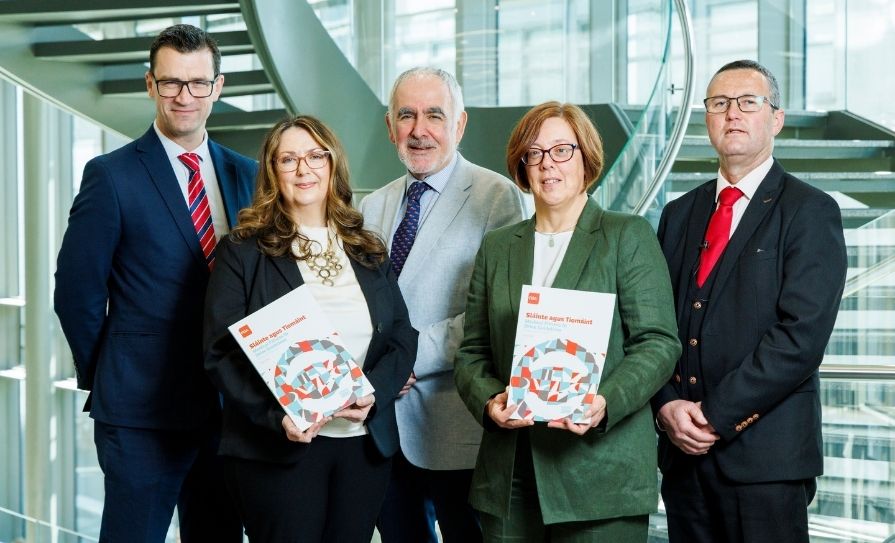


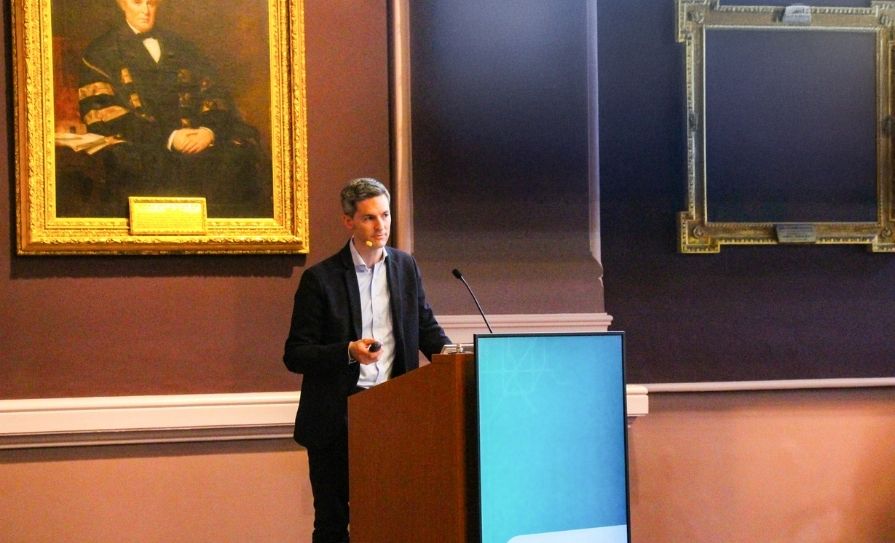
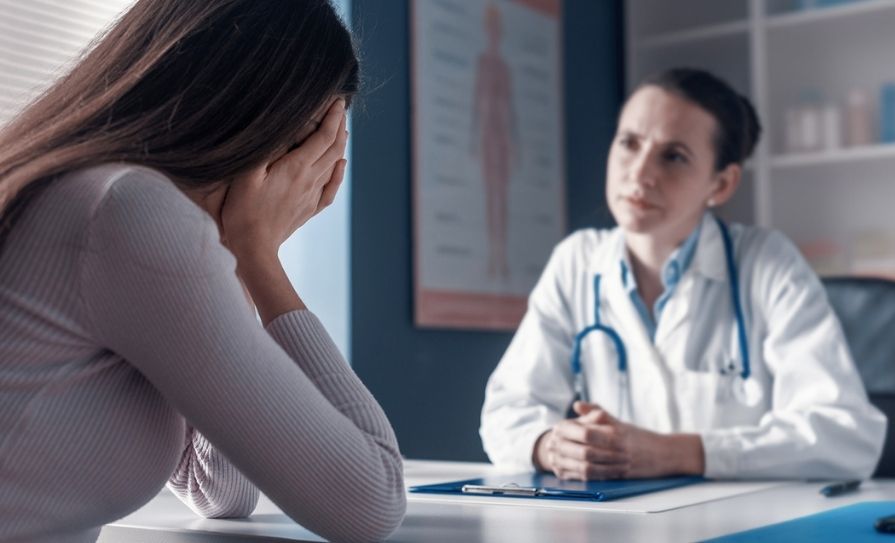
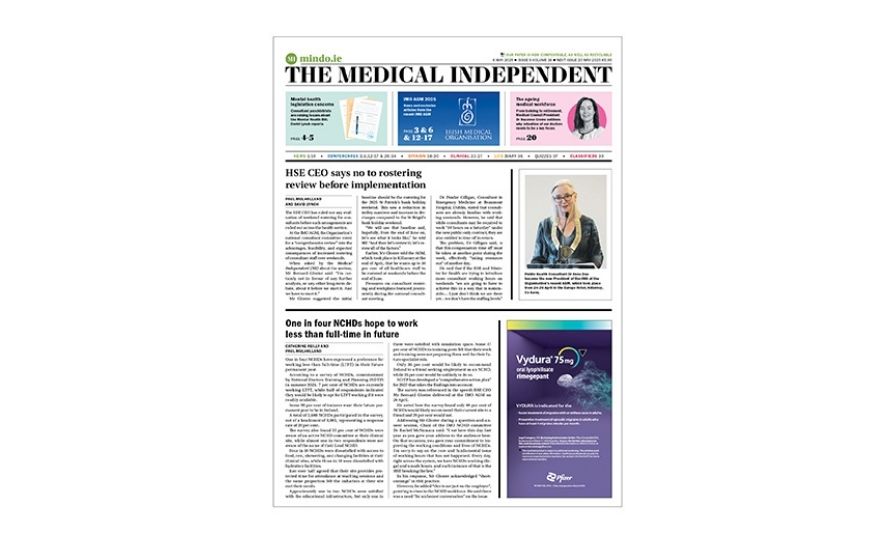






Leave a Reply
You must be logged in to post a comment.